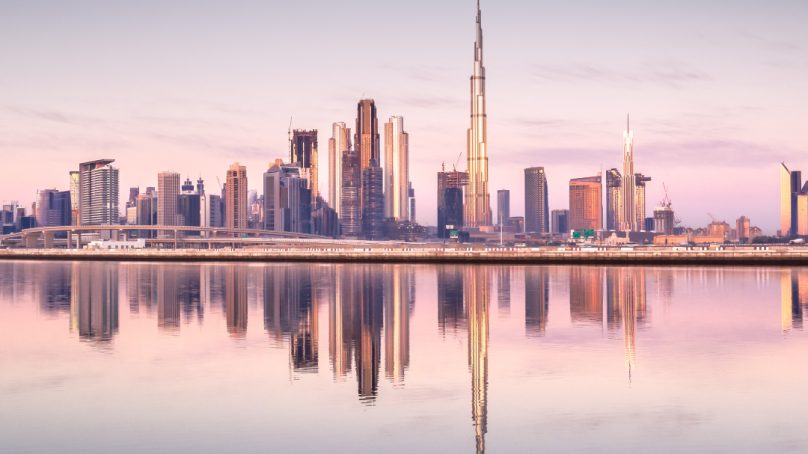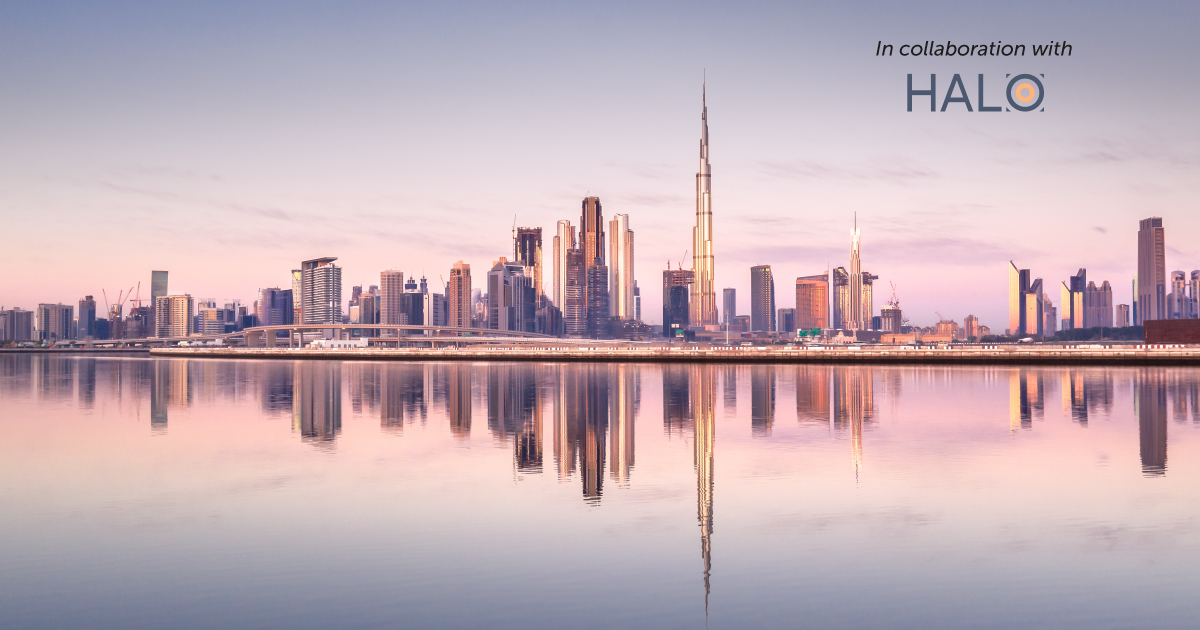

Accessible travel, often referred to as ‘tourism for all,’ is a critical component of sustainable tourism. It aims to provide equal access to tourism activities for people from diverse backgrounds, including those with disabilities, the elderly, families with young children and individuals with limited financial means. This inclusive approach not only upholds the social right to travel, but also enhances business prospects by broadening the range of potential tourists.
A human right
Accessible tourism is about creating an inclusive environment where everyone, regardless of disability or background, can enjoy travel experiences. The United Nations World Tourism Organization (UNWTO) emphasizes that accessible tourism should cater to all individuals, including those with mobility, hearing, sight, cognitive or intellectual disabilities, the elderly and people with temporary disabilities.
This encompasses accessibility in the physical environment, transportation, information, communications and other facilities and services, both publicly and privately owned. Accessible tourism is essential for several reasons: it is a human right, allowing everyone to engage in tourism activities regardless of their physical abilities or financial status, and it significantly expands the customer base. Furthermore, accessible tourism aligns with sustainable tourism principles, promoting social inclusion and fostering economic growth and development.
Dubai in the driving seat
Dubai highlighted its commitment to accessible tourism at the 4th Accessible Travel and Tourism International Conference earlier this year. Held at the JW Marriott in January 2024, the conference brought together decision-makers and experts in the field of accessible tourism to foster collaboration and share best practices. It also showcased Dubai’s efforts in supporting both local and international communities, while spotlighting the UAE’s achievements in prioritizing people with disabilities.
His Highness Sheikh Ahmed bin Saeed Al Maktoum, the event patron, highlighted the need for a comprehensive tourism offering that can satisfy the aspirations of the millions of people with special needs. He called for international efforts to ensure the provision of easily accessible tourism for the more than 1 billion people around the world who could face challenges when looking to travel. From his side, Ghassan Suleiman, secretary general of the conference, urged stakeholders across the travel and tourism chain to work together to remove obstacles to travel.
Officials and experts representing international organizations, including the UNWTO, UNESCO, the International Air Transport Association (IATA) and Airport Council International (ACI World) made key contributions at the event. Topical issued explored included an analysis of the roles and initiatives required to improve accessible tourism and address the needs of people with disabilities when traveling and exploring tourist destinations.
Accessible tourism disruptors
Several innovations are paving the way for more accessible tourism experiences, both regionally and beyond, driving change through technological advancements and inclusive design practices, while catering to the diverse needs of travelers. Pioneering examples include:
Autism-friendly tourism
Dubai has shown a strong commitment to making its tourism sector more inclusive through its Certified Autism Center™ (CAC) accreditation. In just over a year since the launch, more than 13,000 individuals have received autism and sensory awareness training via Dubai Way, a training and engagement platform for people interacting with tourists as part of their work. This initiative ensures that tourist facilities and services in Dubai are equipped to cater to the needs of visitors with autism, creating a more welcoming and supportive environment.
Newcastle United’s ‘haptic’ football jerseys
The UK football team Newcastle United, in collaboration with Sela, has launched a groundbreaking initiative to make football matches more accessible for deaf fans. As part of its ‘Unsilence the Crowd’ campaign, Sela has introduced special ‘haptic’ shirts that transform stadium noise into a real-time touch sensation. The shirts work by using conductive textiles and haptic modules that are integrated into the fabric. Broadcast microphones capture the sound around the pitch, which is then converted from analog to digital format using specialized software. The initiative aims to inspire other clubs to adopt similar technologies, making live football more inclusive.
Accessible travel apps
The increase in accessible travel apps is revolutionizing the way people with disabilities plan and enjoy their trips. Apps like Wheelmap and Access Earth allow users to find and review accessible places around the world. Helping travelers with disabilities to plan their trips with confidence, these apps provide detailed information about the accessibility of hotels, restaurants, tourist attractions and public transportation.
Universal design in accommodations
Many hotels and accommodations are adopting universal design principles to make their facilities more inclusive. This includes features such as step-free entrances, wider doorways, grab bars in bathrooms and accessible room controls. Some hotels are going a step further by balancing style with functionality and providing sensory-friendly rooms for guests with autism or sensory-processing disorders.
Virtual reality (VR) travel experiences
Virtual reality (VR) is revolutionizing accessible tourism by offering immersive travel experiences for people with disabilities. VR technology, with its 3D near-eye displays and pose tracking, allows users to explore attractions and interact with environments in ways previously inaccessible. For example, a theme park in the Netherlands has launched a VR version of its ‘dream flight’ attraction, enabling people with disabilities to experience and interact with the attraction virtually. This approach promotes social inclusivity by allowing disabled tourists to share travel experiences with friends and family.
How hotels can help
There are several ways in which hotels can support the accessible travel drive. These include:
• Adopting universal design principles: Include step-free entrances, wider doorways and accessible bathroom features, such as grab bars and roll-in showers.
• Creating sensory-friendly rooms: Provide rooms designed for guests with autism or sensory-processing disorders.
• Providing employee training: Train staff on accessibility and disability awareness to ensure they can offer appropriate assistance to guests.
• Offering accessible transportation: Collaborate with local transport services to ensure accessible transportation options are available.
• Promoting accessible attractions: Highlight accessible attractions and services in the region.
• Providing detailed accessibility information: Offer comprehensive accessibility information on the hotel’s website and booking platforms to help guests plan their stay with confidence.
Accessible tourism is not just a luxury, it’s a right. Ensuring that everyone can participate in tourism activities is essential for promoting social inclusion, economic growth and sustainable development. By adopting comprehensive strategies and embracing technology, stakeholders will be playing their part in creating a more inclusive and equitable tourism industry.











